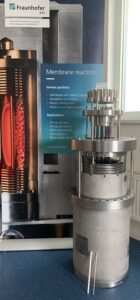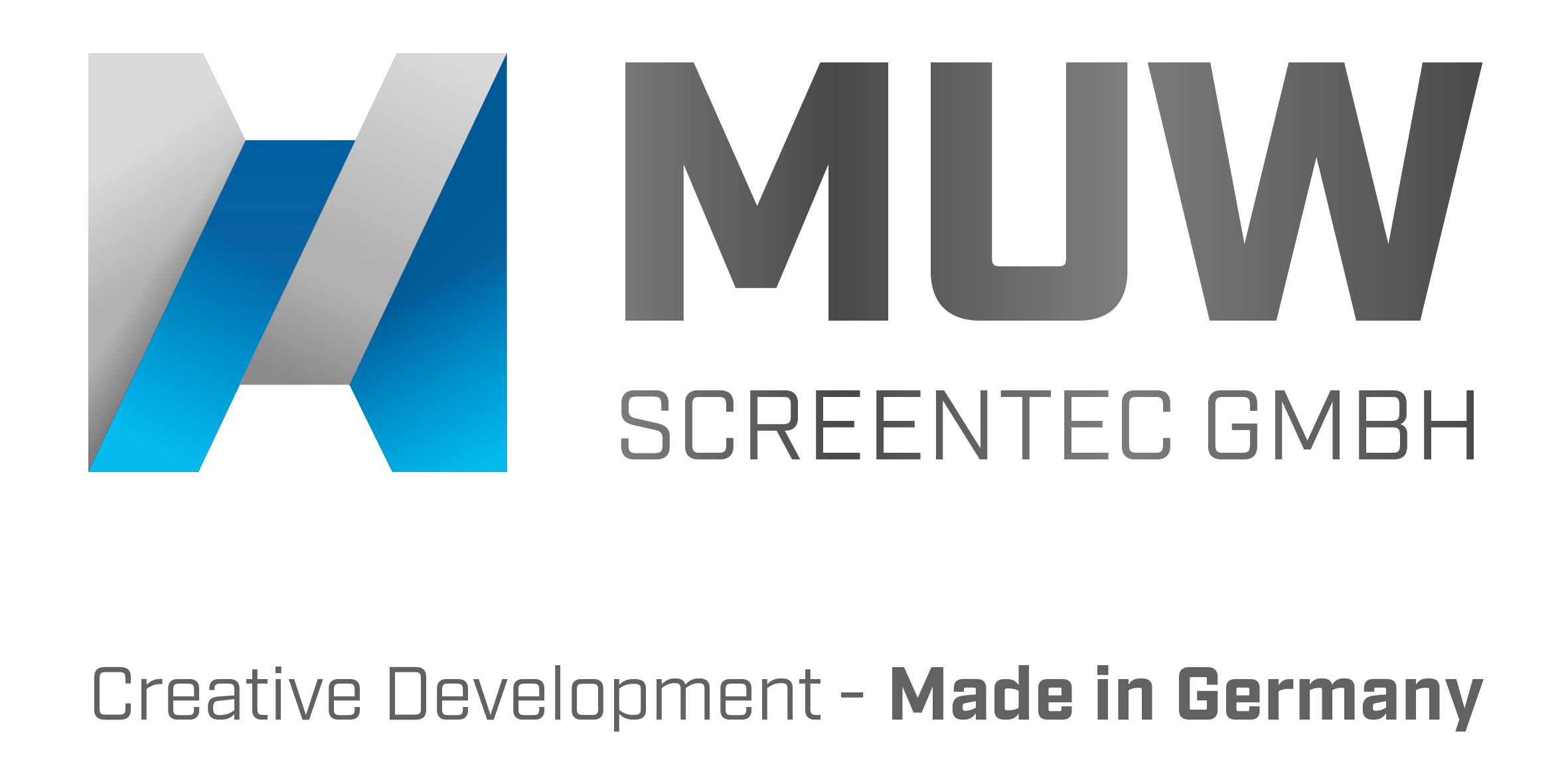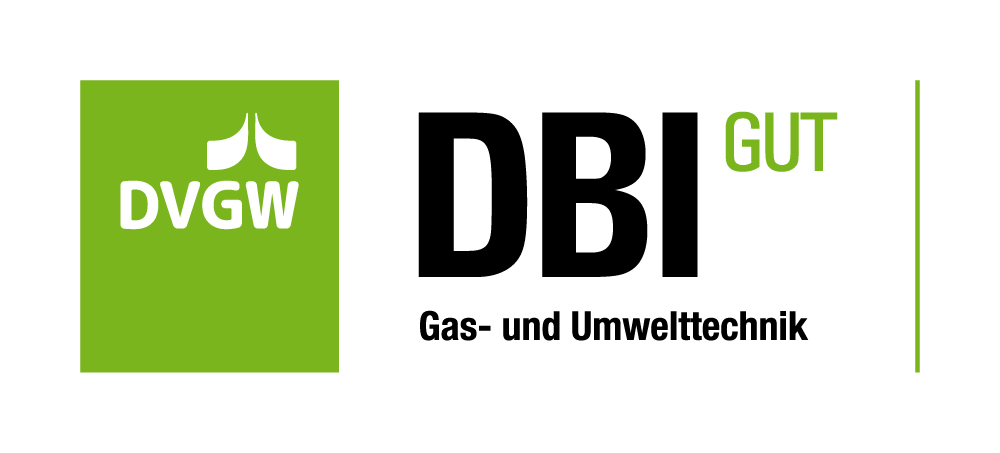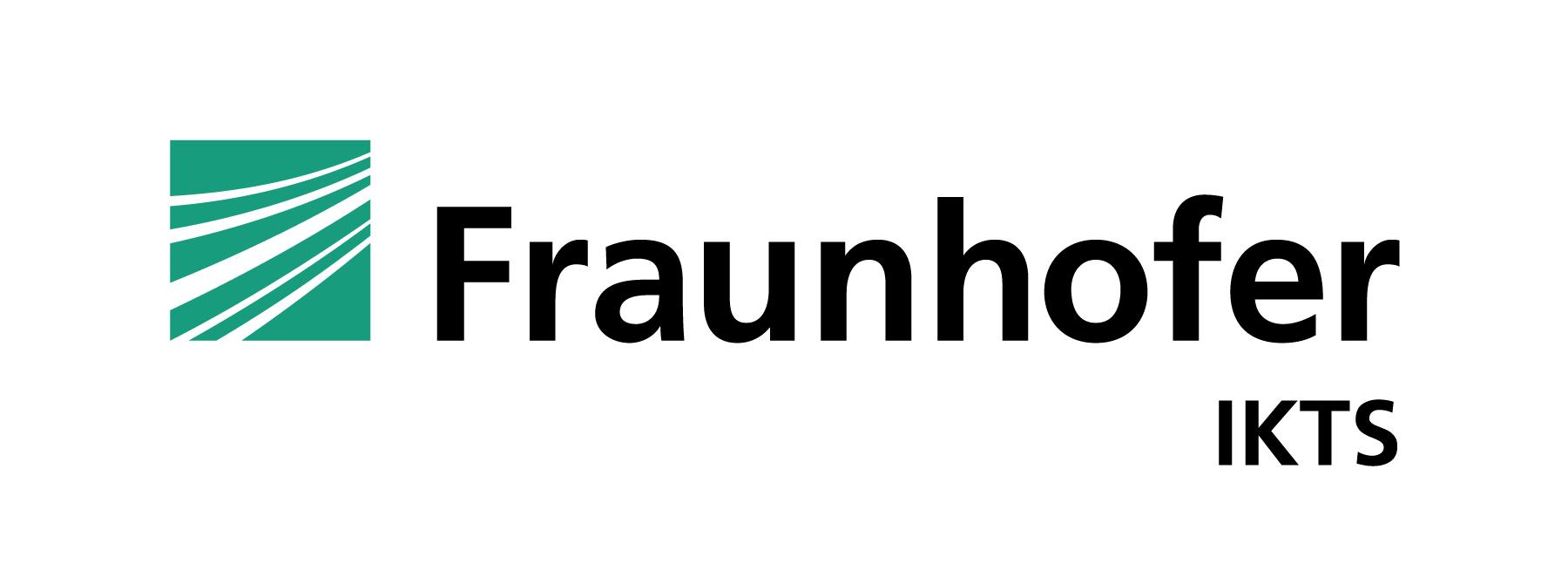Ultra-thin Pd membranes as the basis for efficient reaction and transport processes
Motivation
As part of the project ultra-thin Palladium (Pd) layers are to be deposited as membranes on porous ceramic substrates. Due to the desired thin layers in the two to low three-digit nanometer range, a very high hydrogen flux is expected and at the same time the precious metal content required to produce the membrane layers is drastically reduced. Therefore, despite the use of precious metals, a very cost-effective membrane is being sought which, in addition to high hydrogen purity, also promises high fluxes. Due to the use of Pd and Pd alloys, these membranes can also be combined with catalytically supported subsequent reactions using hydrogen in addition to the intended pure membrane transport processes. Due to the catalytic properties of the precious metal and the expected high pressure and temperature stability due to the ceramic carrier, many possible downstream reactions directly coupled to electrolysis (e.g. methane synthesis, methanol synthesis using carbon dioxide) are coming into focus. The areas of electrolysis and subsequent catalytic reactions are thus directly linked by the use of a catalytically active membrane. Electrolysis at high pressures is economically advantageous in the overall process consideration, taking into account the desired catalytic secondary reactions, which take place under increased pressure, since an intermediate compression step, which requires up to 20 % of the electricity required for electrolysis, can be omitted.

Aims and procedure
The project is concerned with the synthesis of ultra-thin precious metal membranes on ceramic substrates. The carriers should have a capillary shape, as an increased surface area per volume and increased pressure stability are expected compared to monolithic membrane carriers. These carriers must be produced in an optimized manner. After synthesis, the membranes are characterized according to their permeation properties. Later, they are to be connected directly to a high-pressure electrolysis process in order to be able to purify (dry) the hydrogen produced, but also to be able to feed it into a directly connected chemical synthesis. Due to the use of Pd and Pd alloys (binary and ternary systems) as membrane material, which is also catalytically active, these membranes can catalytically support not only the intended pure membrane transport processes but also directly connected subsequent reactions that take place using hydrogen and carbon dioxide (e.g. methanation, methanol synthesis). The areas of electrolysis and catalytic downstream reactions are thus directly linked by the use of a catalytically active membrane, which should result in a significant increase in efficiency. In order to be able to investigate the subsequent reactions, membrane sealing variants are being developed in the project and transferred to a reactor. Optimal process engineering parameters for membrane reactor operation are to be found. Furthermore, scaling options (e.g. membrane synthesis, membrane geometries, reactors incl. sealing) will be investigated. At the end of the project, the goals achieved will be critically compared with state-of-the-art processes. The objectives can be summarized with the following keywords: Carrier development, membrane production, catalytic investigations, plant and sealing concept, scaling options, industrial feasibility and evaluation.
Innovations and prospects
The project will make a significant contribution to making membrane processes even more effective because, in contrast to monolithic geometries, capillary membranes are addressed in this project. At the same time, despite the use of precious metals, inexpensive but very efficient membranes are to be synthesized. Many possible scenarios for future applications of these membranes (pure membrane separation, applications in membrane reactors for chemical reactions) can be derived from the expected results. The project should provide data and solution strategies for future-oriented separation processes with defined adjustable membrane properties, taking into account processing aspects, economic and ecological issues and a clear process engineering application reference.



